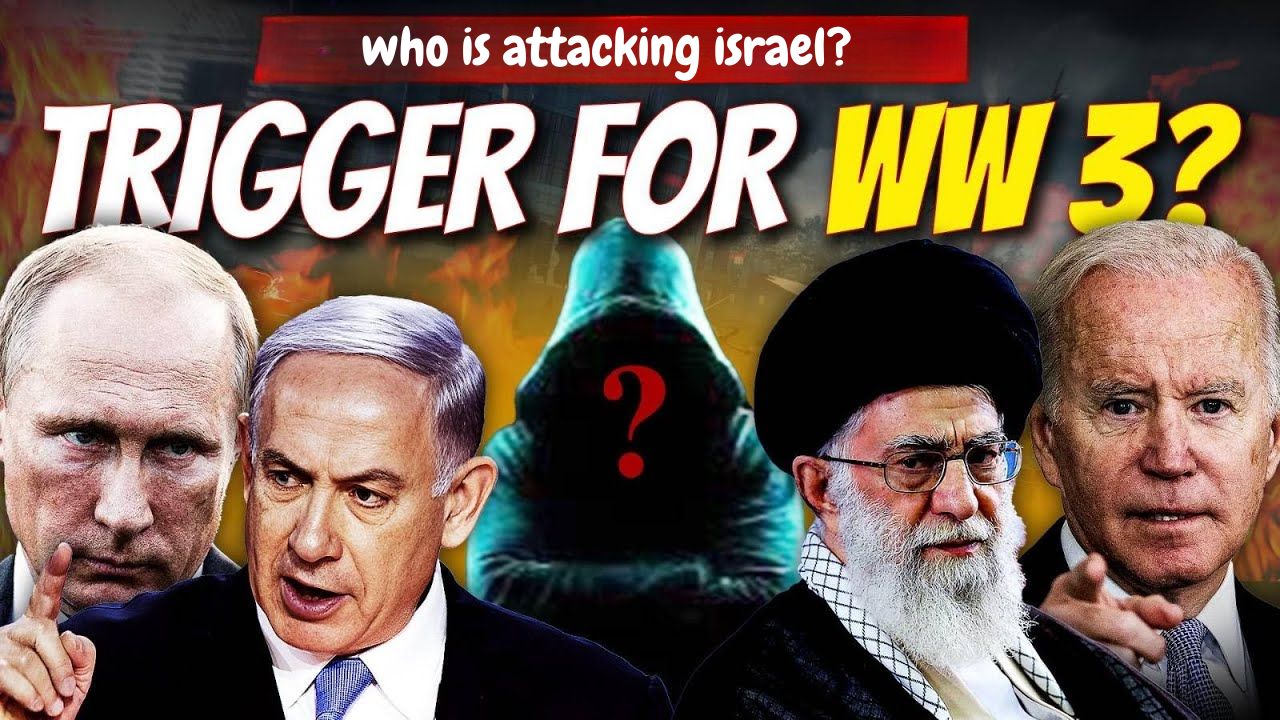In a world scarred by conflict and discord, few disputes are as deeply entrenched, contentious, and emotionally charged as the Israel-Palestine conflict. For decades, this long-standing strife has persisted, bearing witness to countless lives lost, hopes dashed, and potential for peace untapped. The latest chapter in this saga began on October 7, 2023, with a ferocious onslaught as Hamas militants invaded Israel from the Gaza Strip. This relentless wave of violence has escalated the enduring hostilities and exacerbated the suffering of countless innocents in the region.
The Unfolding Crisis: Hamas’ Operation Al-Aqsa Flood

As dawn broke on that fateful October day, the world watched in disbelief as Hamas launched a formidable military operation into Israeli territory, encompassing a multifaceted attack by land, air, and sea. These fighters boldly penetrated deep into Israeli territory, underscoring the seriousness and audacity of their intentions.
This operation, ominously named “Operation Al-Aqsa Flood,” offers a glimpse into the primary motivation behind this sudden, devastating strike. The name itself conveys the central reason for this aggression: the perceived desecration of a holy Islamic site, the Al-Aqsa Mosque in Jerusalem. At the heart of the conflict lies a sense of urgency and a passionate drive to halt what Hamas perceives as Israel’s reckless actions and violations.
Muhammad Deif, the leader of Hamas’ military wing, left no room for ambiguity, stating that the time for Israel to act without accountability has come to an end. His words echoed the sentiment of countless Palestinians who have long felt marginalized and desperate in the face of ongoing oppression.
The Historical Context: A Century of Struggle
Understanding the roots of this seemingly intractable conflict is essential for comprehending the forces that drive its persistence and the complexities that bedevil its resolution.
The origins of this strife stretch back over a century, when the British Empire promoted Jewish immigration to Palestine in the early 1900s. This influx of Jewish settlers triggered fierce resistance from the Palestinian population, who perceived it as a threat to their land and their quest for independence.
In 1947, the United Nations proposed a partition plan to create a Jewish state, an independent Palestinian state, and an international zone around Jerusalem. As the partition neared, violence erupted, leading to a bitter prelude to the creation of Israel in 1948. Arab nations attempted to invade the newly established state but were repelled. This period witnessed the displacement of approximately 700,000 Palestinians, setting the stage for decades of suffering and struggle.
The pivotal moment came in 1967 when Israel launched a pre-emptive defensive war against Egypt, Jordan, and Syria. This Six-Day War resulted in Israel capturing Palestinian territories, including the West Bank, East Jerusalem, Gaza, the Sinai Peninsula, and the Golan Heights. It marked the start of an enduring Israeli occupation, further displacing Palestinians and inflaming tensions.
Hamas, the organization at the forefront of the current conflict, emerged from the Muslim Brotherhood in 1987. With the firm conviction that Israel was an occupying power and an illegitimate state, Hamas vowed to liberate Palestinian territories and called for Israel’s downfall. It categorically rejected engagement with Israel, actively opposing peace agreements like the Oslo Accords, which led to the Palestine Liberation Organization (PLO) giving up armed resistance against Israel in exchange for the promise of an independent Palestinian state alongside Israel.
Throughout the years, Hamas and Israel have clashed repeatedly, with the most recent major confrontation taking place in 2021. This 11-day conflict claimed the lives of at least 250 people in Gaza and 13 in Israel, leaving a trail of sorrow and devastation in its wake. The escalation of the conflict can be attributed to several factors, including the actions of Israel’s far-right government, which has promoted settlement construction in the Israeli-occupied West Bank, further stoking tensions and enflaming Palestinian frustrations.
Hamas, well aware of the changing dynamics in the Middle East, saw an opportune moment to assert its presence. Arab-Israeli normalization, where Arab nations were increasingly willing to engage with Israel, diminished the influence of the Palestinian issue in regional politics. This made it challenging for the Palestinian Authority in the West Bank, led by Mahmoud Abbas, to make significant headway in advancing Palestinian interests. The resurgence of ties between Hamas and Iran further emboldened the group, compelling it to take action.
A Glimpse of the Future
The Israel-Palestine conflict, deeply rooted in history and characterized by its complexity and the suffering of those involved, continues to cast a shadow of uncertainty over the region. While this article has only scratched the surface of this intricate dispute, it is clear that a comprehensive resolution remains a formidable challenge.
As the world bears witness to the latest chapter in this enduring struggle, hope persists for a peaceful resolution. But the path to lasting peace is riddled with obstacles and uncertainties, as both sides remain deeply entrenched in their positions.
As this conflict unfolds, one can only hope that the lessons of history and the cries of those affected will resonate with all parties involved, compelling them to seek a path towards reconciliation and peace in this deeply troubled region.







